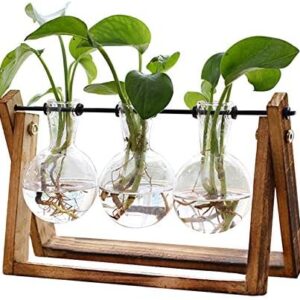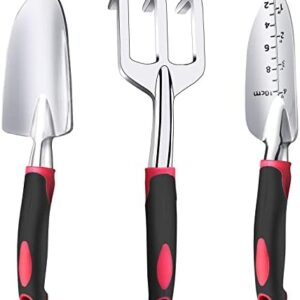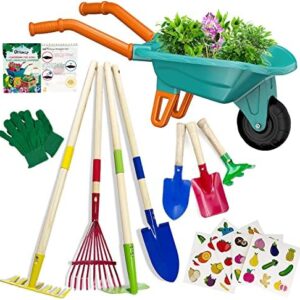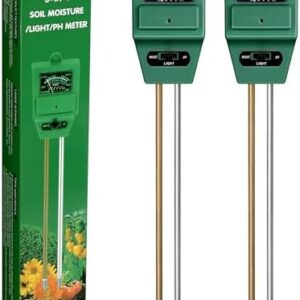If you’re a garden enthusiast like me, you know the importance of organic composting. Not only does it provide essential nutrients to your plants, but it also helps reduce waste and promote sustainability in your garden. In this ultimate guide, we will explore everything you need to know about garden organic composting and how you can create your own nutrient-rich soil for your plants.
What is organic composting?
First things first, let’s talk about what organic composting actually is. Organic composting is the process of decomposing organic materials such as food scraps, yard waste, and other plant matter to create a nutrient-rich soil for your garden. By allowing these materials to break down naturally, you are creating a healthy environment for your plants to thrive.
The benefits of organic composting are numerous. Not only does it provide essential nutrients to your plants, but it also helps improve soil structure, retain moisture, and suppress diseases and pests. Additionally, organic composting helps reduce waste by recycling organic materials that would otherwise end up in a landfill.
How to get started with organic composting
Now that you understand the benefits of organic composting, let’s talk about how you can get started. The first step is to choose a composting method that works best for you and your garden. There are several different methods of composting, including traditional composting bins, tumblers, and vermicomposting (composting with worms).
Once you have chosen a method, you will need to gather your organic materials. This can include food scraps, yard waste such as grass clippings and leaves, and other plant matter. It’s important to avoid adding meat, dairy, or oils to your compost pile, as they can attract pests and produce unpleasant odors.
Layering your compost pile is key to successful composting. Alternate layers of green materials (such as food scraps and grass clippings) with brown materials (such as leaves and newspaper) to create a balanced mix of nitrogen and carbon. This will help speed up the decomposition process and create a nutrient-rich compost.
Maintaining your compost pile
Once you have started your compost pile, it’s important to maintain it properly to ensure that it breaks down effectively. Here are some tips for maintaining your compost pile:
– Keep your compost pile moist but not too wet. If your pile is too dry, add water to help speed up the decomposition process. If it’s too wet, add more brown materials to help absorb the excess moisture.
– Turn your compost pile regularly to aerate it and speed up decomposition. This will help introduce oxygen into the pile, which is essential for the breakdown of organic materials.
– Monitor the temperature of your compost pile. A properly functioning compost pile will generate heat as the materials break down. If your pile is not heating up, it may need more nitrogen-rich materials to kickstart the decomposition process.
Using your compost in the garden
Once your compost has fully broken down, it’s time to use it in your garden. Spread a layer of compost on top of your soil or mix it into the existing soil to provide essential nutrients to your plants. Compost can also be used as a mulch to help retain moisture and suppress weeds in your garden.
In addition to using compost in your garden, you can also create compost tea by steeping compost in water to create a nutrient-rich liquid fertilizer. This can be sprayed on your plants to provide them with an extra boost of nutrients.
In conclusion, organic composting is an essential practice for any garden enthusiast. By recycling organic materials and creating nutrient-rich soil for your plants, you can promote sustainability in your garden and reduce waste. Whether you choose a traditional composting bin, a tumbler, or vermicomposting, the benefits of organic composting are numerous. So roll up your sleeves, get your hands dirty, and start composting today for a healthier, more sustainable garden.






